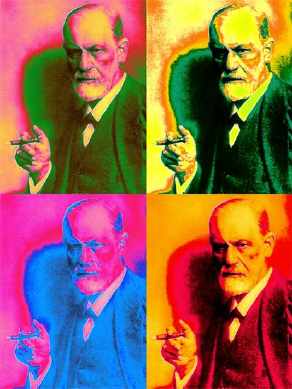
Excerpts from J. G. Stoessenger’s eerily prophetic book Why Nations Go to War, 3rd Ed., c. 1982.
There is a remarkable consistency in the self-images of most national leaders on the brink of war. Each confidently expects victory after a brief and triumphant campaign.
Doubt about the outcome is the voice of the enemy and therefore inconceivable. This recurring optimism is not to be dismissed lightly by the historian as an ironic example of human folly. It assumes a powerful emotional momentum of its own and thus itself becomes one of the causes of war. Anything that fuels such optimism about a quick and decisive victory makes war more likely, and anything that dampens it becomes a cause for peace.
This common belief in a short, decisive war is usually the overflow from a reservoir of self-delusions held by the leadership about both itself and the nation.
The Kaiser’s appearance in shining amour in August 1914 and his promise to the German nation that its sons would be back home ‘before the leaves had fallen from the trees’ was matched by similar expressions of overconfident and military splendor in Austria, Russia and other nations on the brink of war. … Thus leaders on all sides typically harbor self-delusions on the eve of war. Only the war itself then provides the stinging ice of reality and ultimately helps to restore a measure of perspective in the leadership. The price for this recapture of reality is high indeed. It is unlikely that there ever was a war that fulfilled the initial hopes and expectations of both sides.
And again later . . .
… As these wars resolved less and less, they tended to cost more and more in blood and treasure. The number of dead on all sides bore mute testimony to the fact that America had to fight two of the most terribly and divisive wars in her entire history (Korea and Vietnam) before she gained respect for the realities of power on the other side.

1 comment:
Glad to see you're reading it. What do you think?
I really like this guy's perspective (most of the time).
-M.
Post a Comment